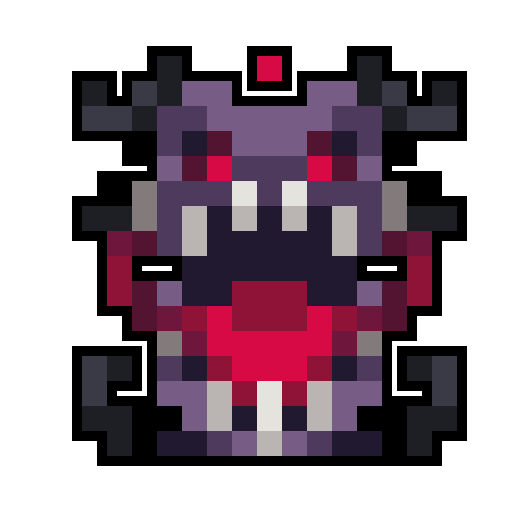In Fortnite's Ranked Mode, unlike the classic Battle Royale, match results directly impact a player's position in the ranking system. As you ascend through the tiers, you'll face increasingly skilled opponents and unlock more valuable rewards. This system has replaced the old Fortnite Arena mode, providing a clearer and more balanced progression path. Let's delve into how it works and what contributes to a rank increase.
How the Ranking System Works in Fortnite
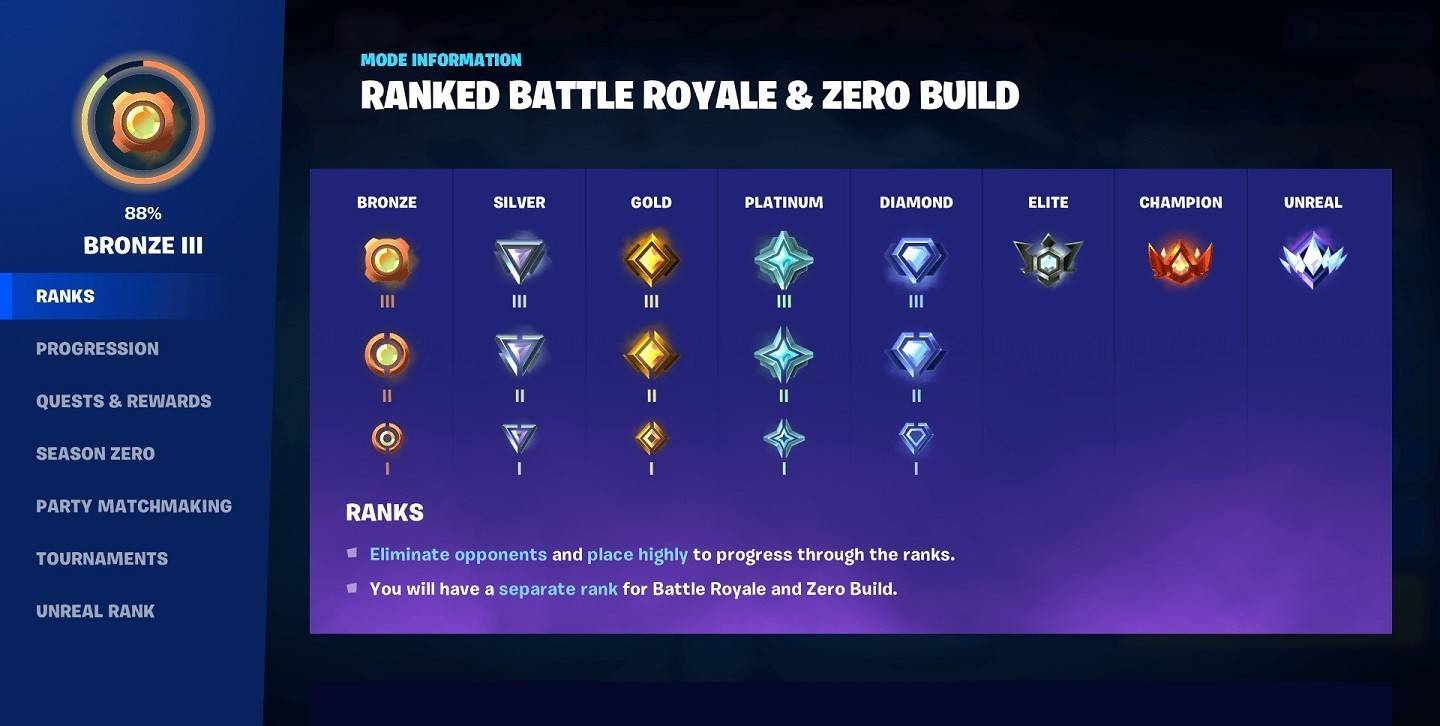 Image: fortnite.com
Image: fortnite.com
Previously, progression in Fortnite was tied to arena points, which could be earned simply by participating in matches. This often resulted in unbalanced games, where seasoned players might encounter those who had amassed points through sheer volume of play rather than skill. The new system addresses this by introducing a calibration period at the start, where initial matches determine a player's starting rank based on performance metrics like battlefield success, eliminations, overall effectiveness, and final placement.
Fortnite's Ranked Mode features eight ranks:
- Bronze—The entry level for newcomers to the competitive scene.
- Silver—For players with some experience but inconsistent results.
- Gold—For those confident in their mechanics and tactics.
- Platinum—Where shooting skills, positioning, and tactical thinking become crucial.
- Diamond—A level where complex strategies are the norm, intensifying matches.
- Elite—Reserved for strong and consistent players.
- Champion—For top players who can outplay tough opponents.
- Unreal—The pinnacle, home to the elite of the elite.
The first five ranks are subdivided into three tiers (e.g., Bronze I, II, III), ensuring players are matched with others of similar skill levels. At higher ranks like Elite and above, matchmaking may include players from adjacent tiers to minimize wait times.
Rank movement is dynamic; frequent losses can lead to a drop in rank, except for the Unreal rank, which once achieved, cannot be lost. Within Unreal, an internal ranking system further distinguishes players. At the start of a new season, players recalibrate, with their previous rank influencing their starting position, ensuring high-ranked players don't start from scratch but may need to prove their skill again.
How to Raise Your Rank
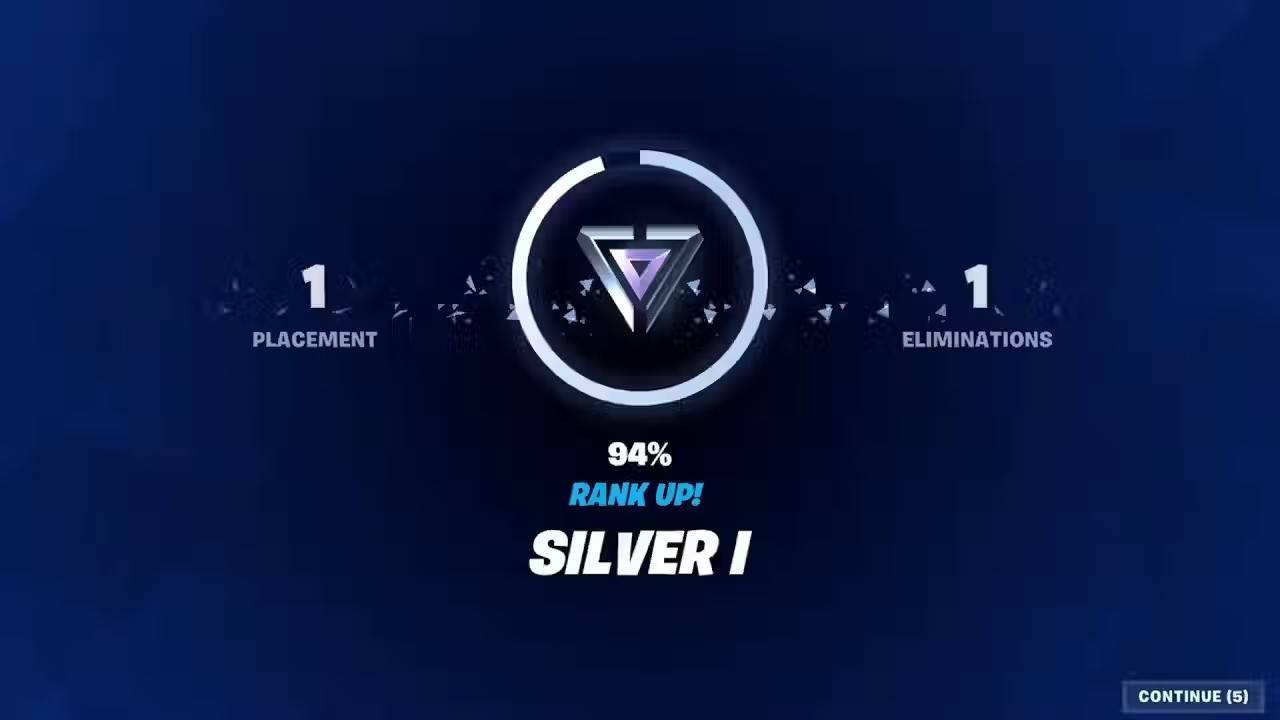 Image: dignitas.gg
Image: dignitas.gg
Advancing in the ranking system hinges on match performance. The better you do, the quicker you'll climb, though the competition intensifies at higher ranks, adjusting the rating rules accordingly.
Placement in the Match
Your final position in a match significantly affects your rank progression. The higher you place, the more rating points you earn:
- Winning a match yields the maximum rating boost, as it's the ultimate measure of success.
- Finishing in the top 10 also provides a substantial rating bonus, contributing to steady progression even without a win.
- Early elimination earns no points and can even decrease your rating at higher ranks.
To improve your rank consistently, focus not only on eliminating enemies but also on surviving as long as possible.
Eliminations
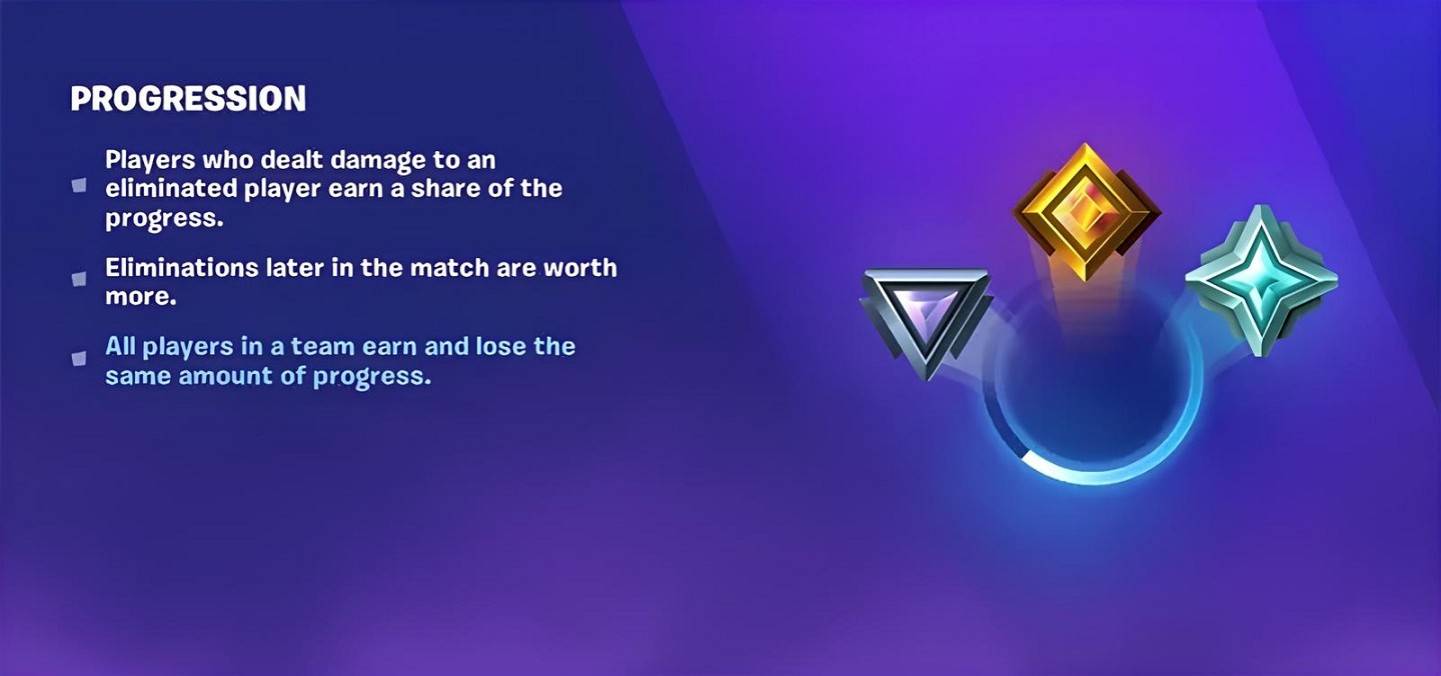 Image: obsbot.com
Image: obsbot.com
Eliminating opponents directly contributes to your rank:
- Each kill increases your rating, with the impact varying by your current rank. Lower ranks yield fewer points per kill, while higher ranks offer more.
- Late-game eliminations are more valuable than early ones, as you're facing stronger opponents.
- Both personal and team eliminations count towards your rating, even if you only damage an enemy before a teammate finishes them off.
An aggressive playstyle can accelerate your ranking, but it also risks early elimination. Balancing offense with strategy is key.
Team Play
In Duos and Squads, your contribution to the team's success is as important as individual achievements. Healing allies, reviving teammates, and sharing resources keep your team in the fight, increasing your chances of winning and boosting your rank. Coordinated teamwork offers a collective advantage, allowing you to earn a stable rating even without many kills.
What Rewards Can You Get
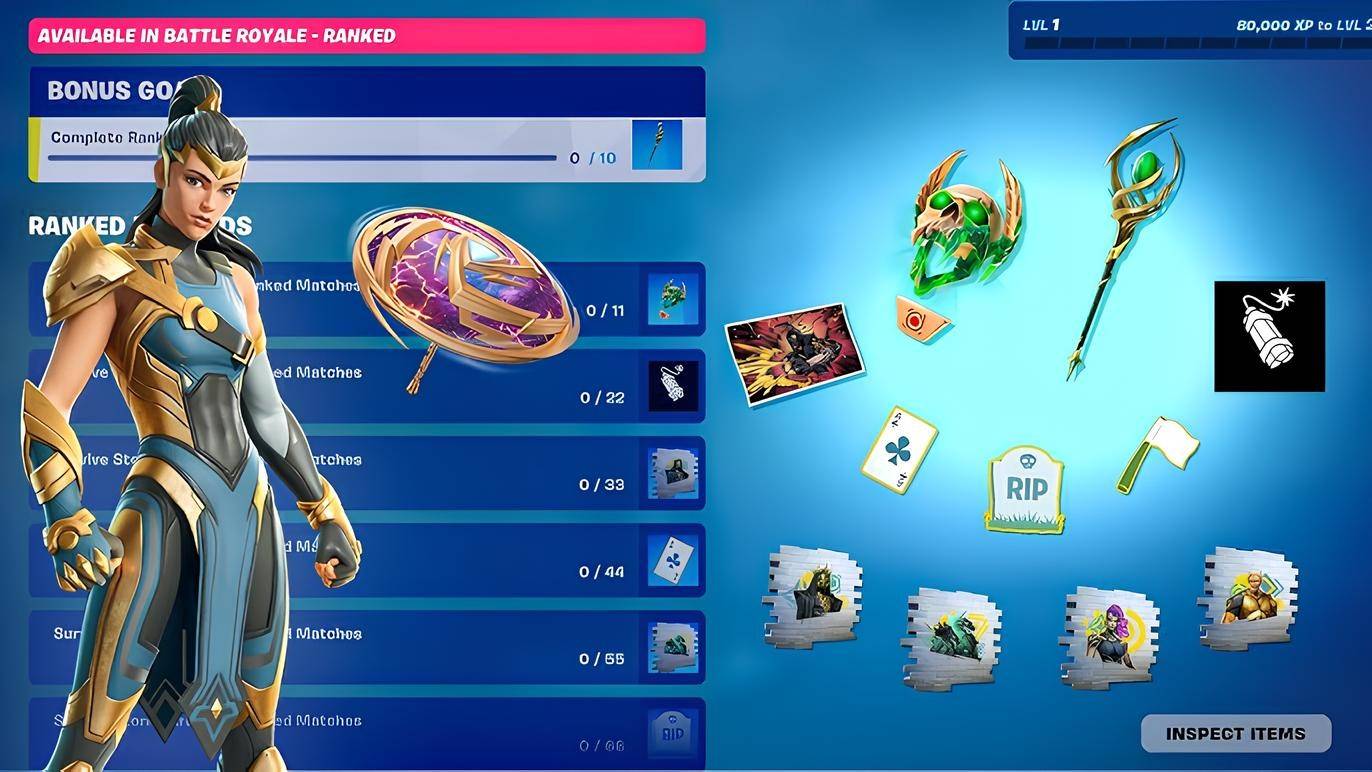 Image: youtube.com
Image: youtube.com
Fortnite's Ranked Mode not only challenges your skills but also offers unique rewards for rank progression and completing special challenges:
- Rank emblems and badges displayed in the lobby to showcase your current level.
- Emotes and sprays to highlight your achievements during matches.
- Exclusive skins awarded for completing special challenges, available only for the season's duration.
Reaching the Unreal rank grants a unique status and a spot on the global leaderboards, which update in real time. High ranks can also unlock opportunities to participate in Fortnite esports events, provided you meet the tournament criteria.
Useful Tips for Ranking Up
 Image: fiverr.com
Image: fiverr.com
To advance in Fortnite's Ranked Mode, you'll need both strong gameplay skills and a strategic approach:
- Study the map and key areas to quickly find resources and weapons, and choose advantageous positions.
- Play to your strengths. Aggressive players can adopt a high-risk, high-reward style, while tactical players might prefer a more patient approach.
- Choose your landing spot based on your playstyle. Busy locations for aggressive tactics, quieter zones for a cautious start.
- Control the high ground for tactical advantages, making it easier to shoot enemies and harder for them to hit you.
- Stay aware of your surroundings, staying within the safe zone while planning escape routes.
- Play with trusted teammates, as coordinated team actions often decide match outcomes.
- Develop quick reactions and speed to make instant decisions and build cover on the fly.
- Learn from top players by watching professional streams and analyzing their tactics.
- Keep an eye on updates, as Epic Games regularly adjusts weapon balance, map elements, and mechanics.
Consistent practice, learning from mistakes, and adapting to various situations will gradually help you move up. Don't fear tough matches—keep improving and enjoy the process. Over time, you'll see steady progress and climb the ranking system.













